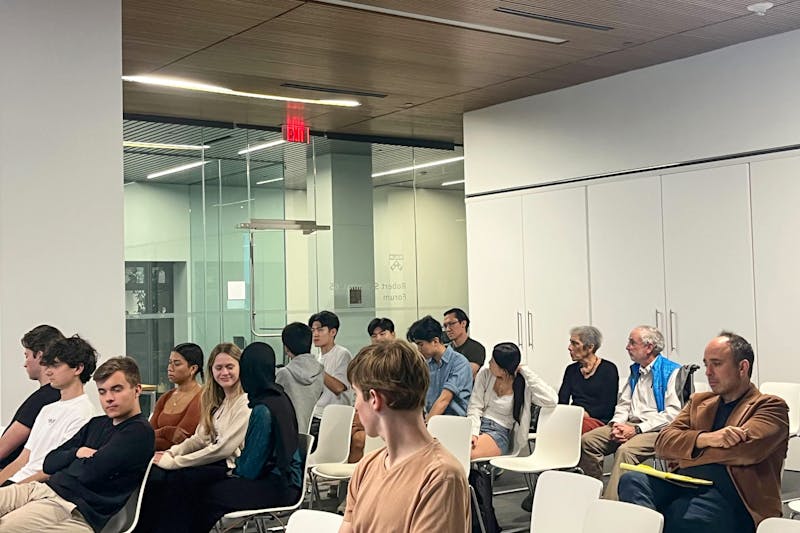
An amended lawsuit, which was filed against Penn by a group of faculty and alleged a pattern of “McCarthyism,” was dismissed with prejudice by the United States District Court for the Eastern District of Pennsylvania.
The lawsuit was initially filed in March 2024 and dismissed by Chief Judge of the U.S. District Court for the Eastern District of Pennsylvania Mitchell Goldberg in June 2024 for lack of standing. The amended complaint was dismissed with prejudice by Goldberg on Jan. 30.
The initial lawsuit was filed by associate professor of Arabic literature Huda Fakhreddine and History and Africana Studies professor Eve Troutt Powell in conjunction with Penn Faculty for Justice in Palestine.
The plaintiffs originally accused the University of “McCarthyism” for stifling speech critical of Israel. They sought to block Penn from complying with the U.S. House Committee on Education and the Workforce’s request for documents related to alleged antisemitism on campus, arguing that such compliance would threaten academic freedom.
A request for comment was left with a University spokesperson, Fakhreddine, and Powell.
In the amended complaint, Fakhreddine and Powell brought constitutional, breach of contract, and conspiracy claims against Penn. According to the ruling, Penn moved to dismiss the amended complaint for “lack of standing and failure to state a claim.”
Goldberg dismissed the lawsuit with prejudice, writing that further amendment would be futile and the plaintiffs would be denied the ability to amend their complaint.
“Plaintiffs have once again failed to allege the nature or contents contained therein,” Goldberg wrote in the decision. “[T]hey failed to allege that the documents … ‘would contain defamatory statements or reveal private details.’”
The court’s decision noted that Penn complied with the House committee’s request, though it remains unclear what documents were produced.
In the decision, Goldberg stated that the plaintiffs’ claim of breach of contract stems from a clause in Penn’s Guidelines on Open Expression.
“Plaintiffs allege that in providing documents to the Committee, Penn has violated or will violate this guideline,” Goldberg wrote. “The key question is whether this guideline creates a contractual duty. I find it does not.”
In a post on Instagram addressing the dismissal, Penn PFJP wrote, “Despite the judge’s decision to dismiss our claims, it is clear that Penn has failed to protect its students, faculty and staff standing for justice in Palestine.”
“While the university ignores anti-Palestinian racism, it readily punishes and suppresses those protesting genocide,” the post continued. “The judge’s misinformed decision will encourage Penn’s double standards and unjustified restrictions on Palestinian focused and anti-genocide activities on campus.”
The post also added that the group is appealing the ruling.
The Daily Pennsylvanian is an independent, student-run newspaper. Please consider making a donation to support the coverage that shapes the University. Your generosity ensures a future of strong journalism at Penn.
Donate











